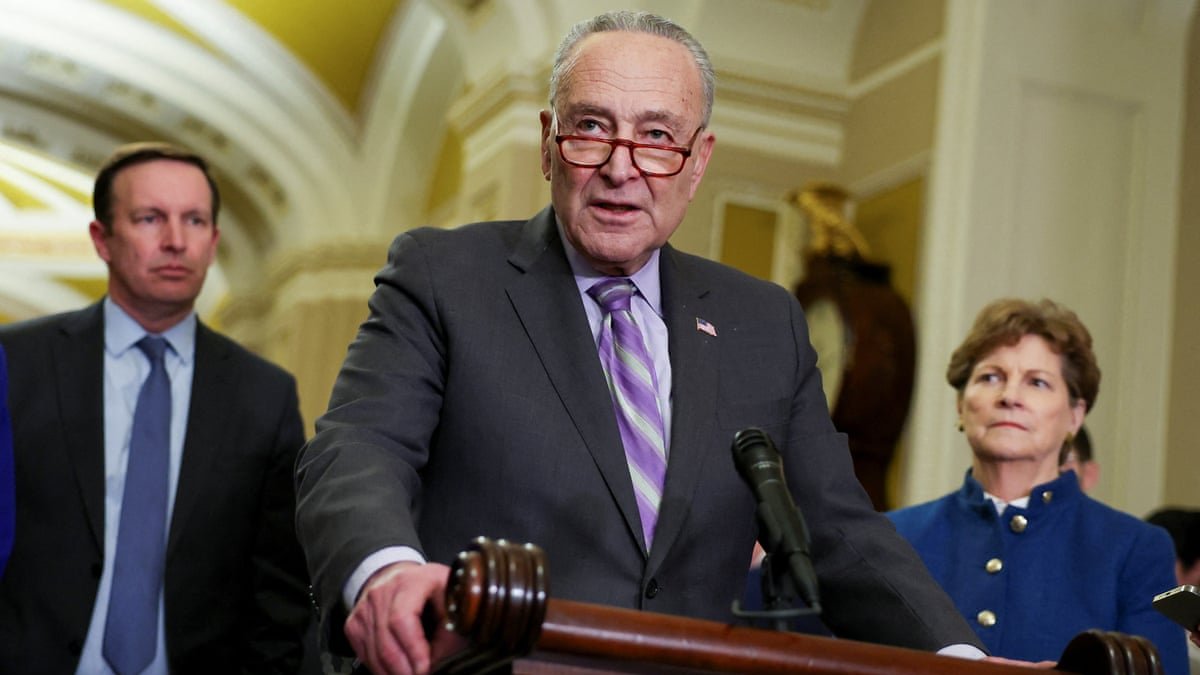Tuesday, February 13, 2024
Year : 2, Issue : 7
After many setbacks and much suspense, the Senate appeared on track this week to approve a long-awaited package of wartime funding for Ukraine, Israel and Taiwan, as Republican opponents staged a filibuster to register their disapproval over a measure they could not block.
The Senate voted 66-33, exceeding a 60-vote margin, to sweep aside the last procedural hurdle and limit debate on the measure to a final 30 hours before a vote on passage that could come on Wednesday.
Senators had worked through the weekend on the roughly $95bn emergency spending package, which cleared a series of procedural hurdles as it moved toward final passage. The chamber voted on the legislation on Monday night following hours of debate and a talking filibuster led by Republican senator Rand Paul and joined by a coterie of Donald Trump’s allies in the chamber.
On Monday, Senate majority leader Chuck Schumer, a New York Democrat, said the weekend votes demonstrated “beyond doubt that there’s strong support” for advancing the foreign aid package.
Schumer said: “These are the enormously high stakes of the supplemental package: our security, our values, our democracy. It is a down payment for the survival of western democracy and the survival of American values.”
He continued: “The entire world is going to remember what the Senate does in the next few days. Nothing – nothing – would make Putin happier right now than to see Congress waver in its support for Ukraine; nothing would help him more on the battlefield.”
If the bill passes the Senate as expected, the bill would next go to the Republican-led House, where next steps are uncertain. Though a bipartisan majority still supports sending assistance to Ukraine, there is a growing contingent of Republican skeptics who echo Trump’s disdain for the US-backed war effort.
The measure includes $60bn in funding for Ukraine, where soldiers are running out of ammunition as the country seeks to repel Russian troops nearly two years after the invasion. Much of that money would go toward supporting Ukraine’s military operations and to replenishing the US supply of weapons and equipment that have been sent to the frontlines. Another $14bn would go to support Israel and US military operations in the region. More than $8bn would go to support US partners in the Indo-Pacific region, including Taiwan, as part of its effort to deter aggression by China.
It also allots nearly $10bn for humanitarian efforts in Ukraine, Israel and Gaza, where nearly a quarter of residents are starving and large swaths of the territory have been ravaged.
Source: The Guardian







